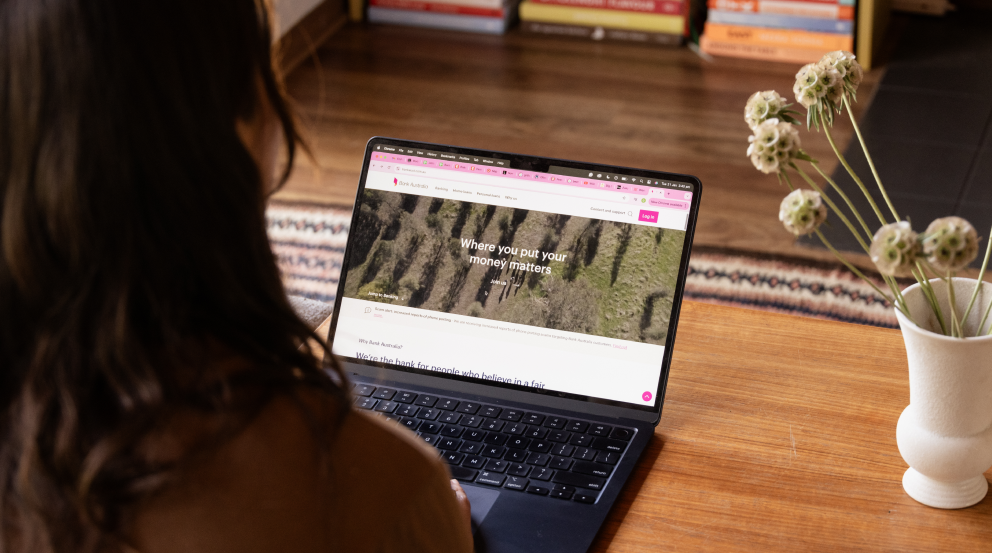In a world where one in nine people don’t even have enough food to eat, this is clearly an insane system. But there are simple things we can all do to help. Just like shrinking our personal carbon footprint, each of us has the power to minimise food waste.
One of the weird side effects of free-wheeling capitalism is that more than one third of all the food we produce – about 1.3 billion tonnes a year – doesn’t actually get eaten. It’s grown, packaged, shipped, stored, transported, stocked and (eventually) bought…and then thrown straight into landfill. When it comes to raw fruit and vegetables, that number jumps to around 50 per cent (3.7 trillion apples a year, if you’re keeping count).
Here are seven simple tips for doing just that.
Shop smarter
Most experts agree that the biggest thing we can do to reduce our personal food waste is to just get better at shopping. Research shows that buying food in bulk means we actually eat less of it. The trick, obviously, is only to buy the food you need. That means more frequent trips to the supermarket (preferably by foot or bike, to keep that footprint down), and smaller, more targeted shops. Go in with a plan or a recipe, and stick to it. Try and make a point of eating all the food from your last grocery run before visiting again.
Store food correctly
A lot of our household waste can be traced back to spoilage. To avoid your food from going off, make sure you store it appropriately. Chuck your bread in the freezer; keep potatoes, cucumbers and onions out of the fridge; separate fruits that produce ethylene gas, like bananas and avocados; and wrap your greens in recycled paper towels or Great Wrap, to keep them crisp for longer.
Get pickling
You’ve probably seen fermenting and pickling all over Instagram the last few years, but pickling and preserving isn’t new. People have been covering things in brine since, well, a long time ago. Almost any fresh fruit or veggies can be pickled: apples, carrots, onions, cucumbers, lemons, parsnips, peaches. All you really need is a sterilised jar, vinegar, sugar, salt and time. Here’s a good guide, if you’d like to learn more.
Use those leftovers
There are zillions of ways to use up leftovers, so get creative. Use roast chicken carcasses to make stock, then freeze the stock for later use. Chuck your kale stalks into a smoothie for an instant Vitamin C boost. Turn stale hot cross buns into French toast. Throw parmesan rinds into your next pasta sauce. The world is your oyster (Do NOT re-use bad oysters).
Compost at home
Home composting has become easier over the last few years, thanks to affordable indoor compost bins, like Bokashi. There are even compact, indoor worm farms these days. Of course the big bonus with compost is that you also save on fertiliser. Your organic food scraps can return to the soil from whence they came, at once enriching your garden and bringing the whole thing alive with worms and grubs and microorganisms. Use that compost to grow veggies and you’ve got your very own circle of life. Whether you go the compost bin or worm farm route is up to you (both have their pros and cons).
Eat ugly
It’s difficult, we know, but try not to discriminate when it comes to the look of fruit and vegetables. Consumer demand for flawless, Insta-perfect apples and oranges has created a system where ‘ugly’ fruit doesn’t even make it to the shelves: farmers simply throw it away. Experts reckon between 20 and 40 per cent of all fruit and veg produced in Australia is simply left to rot. Supermarkets have started to remedy this, selling ‘imperfect’ produce at lower prices, but it’s up to us all to actually buy the stuff.
Connect with your food
Jonathan Bloom, author of Wasted Food, believes the problem comes down to our connectedness. Unlike our ancestors who had to painstakingly forage for their food, we don’t really appreciate it, and the effort it took for our food to magically arrive at the supermarket. And if we don’t eat it, well, there’s plenty more in the nearest aisle. The trick, Bloom says, is to change how we think about food every day. “We simply don’t value the things we don’t spend much on. We’re very careful about getting deals and discounts at grocery stores, but those values don’t mean anything when half the food goes in the trash,” he says. “Becoming more connected to your food will help you avoid food waste.”





.png)


